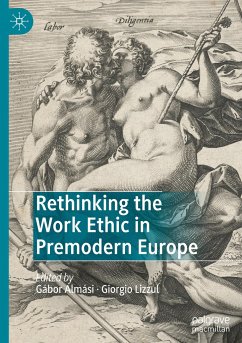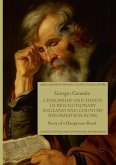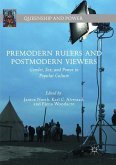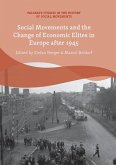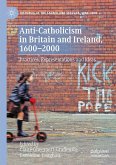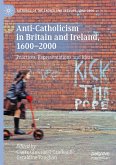This book investigates how work ethics in Europe were conceptualised from the Middle Ages to the nineteenth century. Through analysis of a range of discourses, it focuses on the roles played by intellectuals in formulating, communicating, and contesting ideas about work and its ethical value. The book moves away from the idea of a singular Weberian work ethic as fundamental to modern notions of work and instead emphasises how different languages of work were harnessed for a variety of social, intellectual, religious, economic, political, and ideological objectives. Rather than a singular work ethic that left a decisive mark on the development of Western culture and economy, the volume stresses plurality. The essays draw on approaches from intellectual, social, and cultural history. They explore how, why, and in what contexts labour became an important and openly promoted value; who promoted or opposed hard work and for what reasons; and whether there was an early modern breakwith ancient and medieval discourses on work. These historicized visions of work ethics help enrich our understanding of present-day changing attitudes to work.

